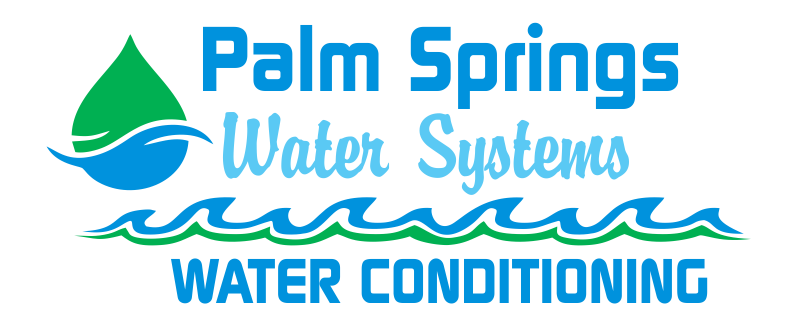If you’re considering getting a water treatment system for your home or office, it’s important to understand the distinctions between water softeners and filtration systems. Both water softeners and reverse osmosis (RO) systems improve water quality, but the way each system works and the costs they incur will vary. Together, let’s compare water softeners and RO systems to discover which one you’ll need to achieve your specific water quality goals.
Do you need to filter your water?
In the United States, tap water is usually safe to drink. However, with the majority of American homes dealing with hard water problems and the alarming increase in water contaminations across the country, many are turning to residential water treatments to improve their water quality.
Water filtration systems can remove contaminants invisible to the eye, such as trace metals, chemicals, and minerals. Removing these contaminants from your water supply results in better-tasting water and longer-lasting fixtures and appliances. Water softeners address dissolved minerals like calcium and magnesium, while the reverse osmosis process protects against a wider range of contaminants.
What You Need to Know About Water Softeners
Water softeners remove dissolved minerals such as calcium, magnesium, and iron. High levels of minerals in your water will cause hard water problems like limescale buildup and eventual breakdown of appliances. The water softening process uses ion exchange to replace those dissolved minerals with sodium or potassium ions.
What is the cost of a water softener?
The cost of a water softening system can vary, from $300 to $3,500. Soft water delivery services are becoming increasingly popular, especially with water softener bans in some places.
What are the benefits of a water softener?
- Improves appliance efficiency
- Increases the lifespan of appliances, plumbing, and fixtures
- Eliminates limescale residue
- Supports healthy skin
- Soothes sensitive skin conditions like eczema and psoriasis
- Brightens laundry
- Provides spotless dishes
- Contributes to overall household savings
What maintenance does a water softener need?
Water softening systems may require more regular maintenance than other water filtration systems. Some water softeners require you to add salt regularly, and it’s always a good idea to get your system descaled annually. When shopping for a water softener, consider if the system comes with a warranty or maintenance plan.
What You Need to Know About Reverse Osmosis Systems
Reverse osmosis filtration systems force water through a semipermeable membrane, removing 99% of impurities and contaminants to provide the cleanest, purest drinking water. RO systems are the most effective water filtration system and remove minerals, viruses, bacteria, chemicals, metals, and organic molecules.
What is the cost of a reverse osmosis system?
The cost of a reverse osmosis filtration system can range from a couple hundred dollars for a smaller model to nearly $20,000 for a whole-home system. The biggest factor you’ll want to consider when looking at a reverse osmosis system is how much clean filtered water needs to be generated each day.
What are the benefits of a reverse osmosis system?
- Removes a wide range of water contaminants
- Recommended for residential and commercial water treatments
- Enjoy great tasting water from the tap, resulting in better tasting ice cubes, beverages, and food
What maintenance does a reverse osmosis system require?
Most reverse osmosis systems are pretty low maintenance and require filter changes and tank cleaning. Newer reverse osmosis systems feature automatic shut-off valves and water-use monitors that adjust to your home’s water needs.
Find the Best Water Treatment For Your Home With Palm Springs Water Systems
It’s easy to find the best residential water treatment with Palm Springs Water Systems! To choose the right system for your home, consider your water quality goals.
If you want to prioritize the removal of impurities and contaminants from your water, a reverse osmosis filtration system will provide clean and safe drinking water.
If you want to address hard water problems, improve household efficiency, and extend the life of your appliances and plumbing, a water softener will introduce you to all the benefits of soft water.
Whole house reverse osmosis and water softener systems are becoming increasingly popular water treatments. A professional installation guarantees a longer lifespan with less maintenance! Make sure to check the filters regularly and change them out accordingly. In the end, choosing between a water softener and an RO system requires you to evaluate your specific water quality needs. While each filtration system offers a unique set of benefits, combining both together can optimize the purification process. Contact us to talk to a water quality specialist today to find the best water filtration system for your home!

